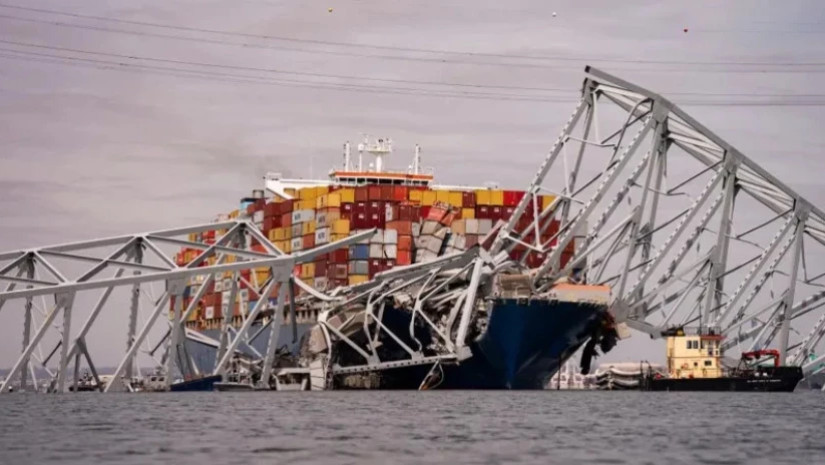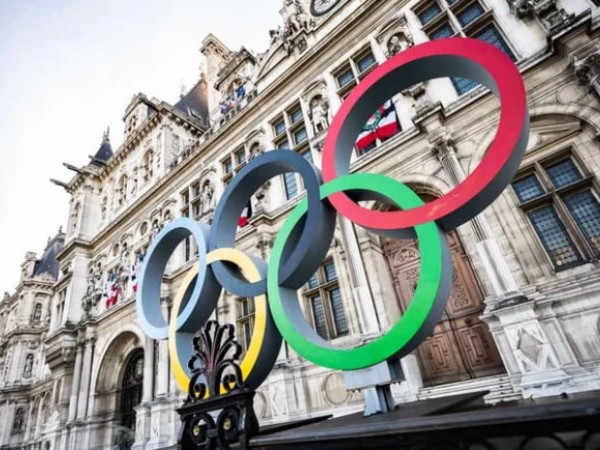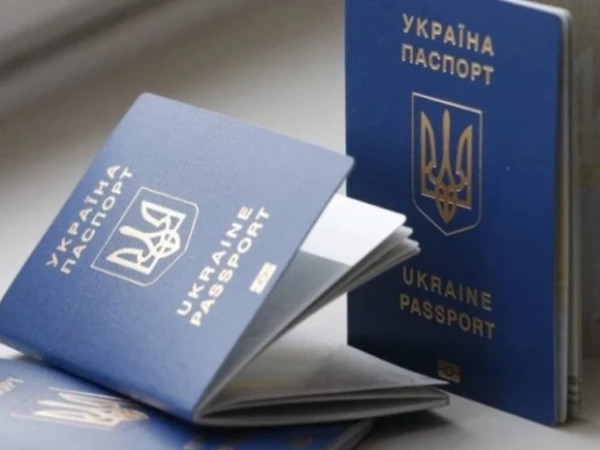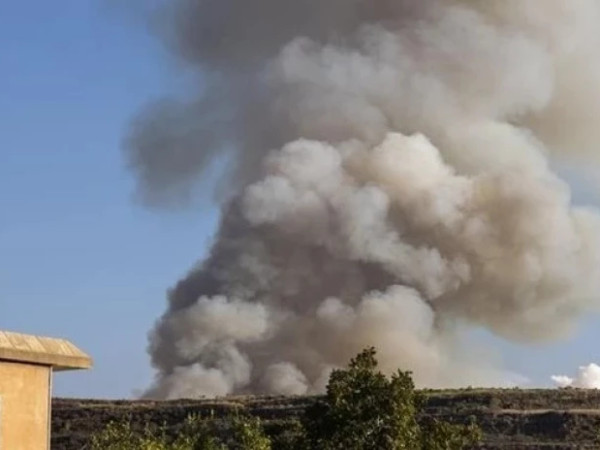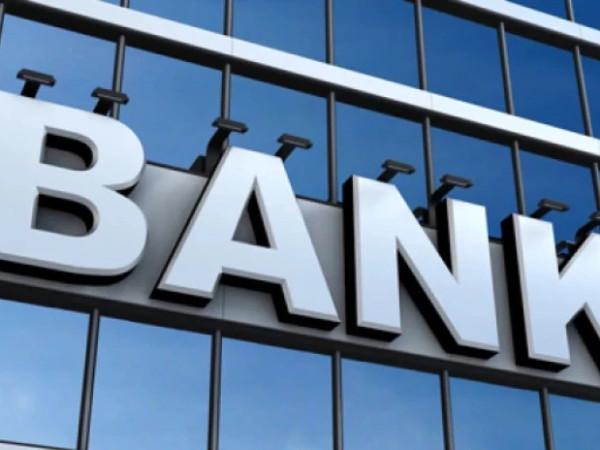Concerns have been raised of a "ripple effect" on global supply chains after a container ship crashed into a bridge in the US city of Baltimore.
The ship, named the Dali, hit a support column of the Francis Scott Key Bridge in the early hours of Tuesday morning, causing it to collapse.
The bridge spanned the entrance to the Port of Baltimore, the busiest port in the US for car exports and the ninth-busiest for foreign cargo.
Six people are missing presumed dead. The bodies of two people have been recovered from a red pickup truck in the waters where the Baltimore bridge collapsed. An operation to recover the bodies of four more people presumed dead continues, after a container ship crashed into the Francis Scott Key Bridge on Tuesday.
Officials have said that maritime traffic through the port - which last year amounted to more than 47 million tonnes of foreign cargo - will be suspended "until further notice".
The suspension could have a "significant ripple effect on global supply chains", Marco Forgione, director general at The Institute of Export and International Trade, told the BBC.
More than 750,000 cars and vehicles passed through Baltimore in the last year, he told Radio 4's The World Tonight.
These include US, UK and EU brands such as General Motors, Ford, Jaguar Land Rover, Nissan, Fiat, and Audi.
Baltimore is the busiest US port for car shipments, and also the largest US port by volume for handling farm and construction machinery.
It is also the second biggest port for US coal exports.







